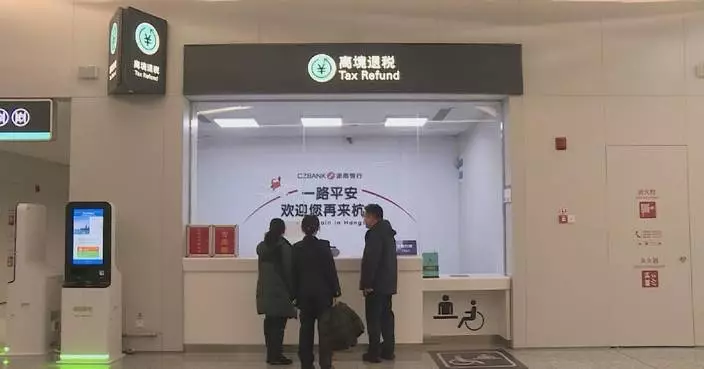The South China Sea and its adjacent waters boast the world's most trafficked air and sea routes, said a report released by a Chinese think tank on Friday.
The report, released by the Strategic Situational Awareness Program, noted that the South China Sea boasts one of the busiest maritime routes in the world, and also one of the most economically important waterways.
Amid the rapid economic growth in China and Southeast Asia, the South China Sea and its surrounding areas are increasingly becoming the world's busiest ocean shipping lanes and air routes, with thousands of ships and aircraft operating in and over the South China Sea every day, according to the report.
For the region and the world at large, the South China Sea has become a major transportation artery affecting economic development, said the report.
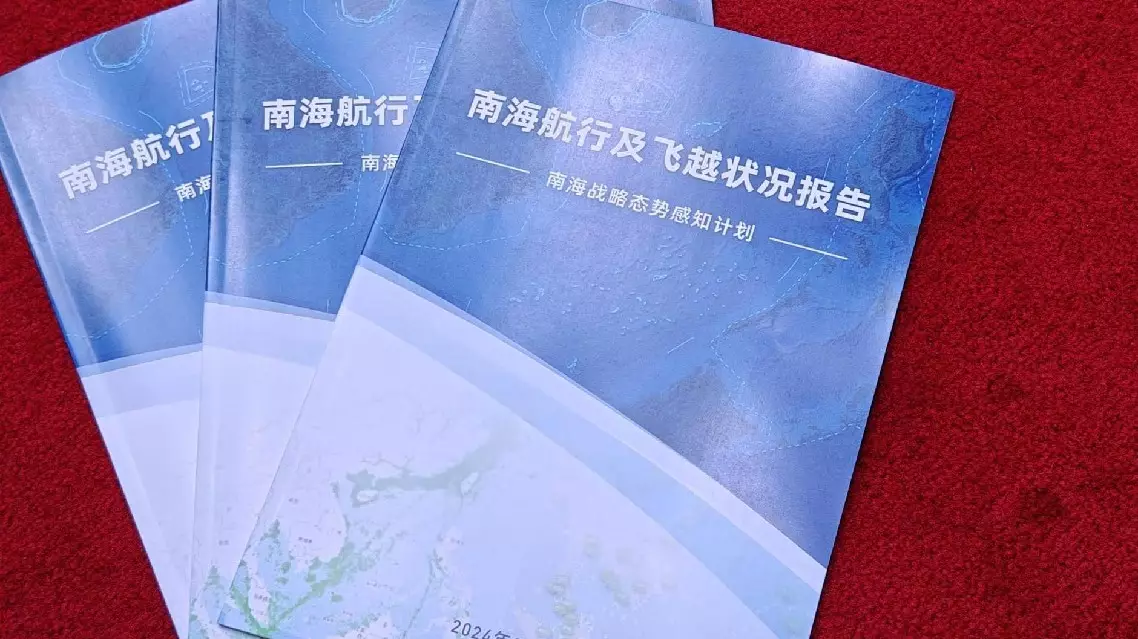
South China Sea boasts world's busiest air and sea routes: report
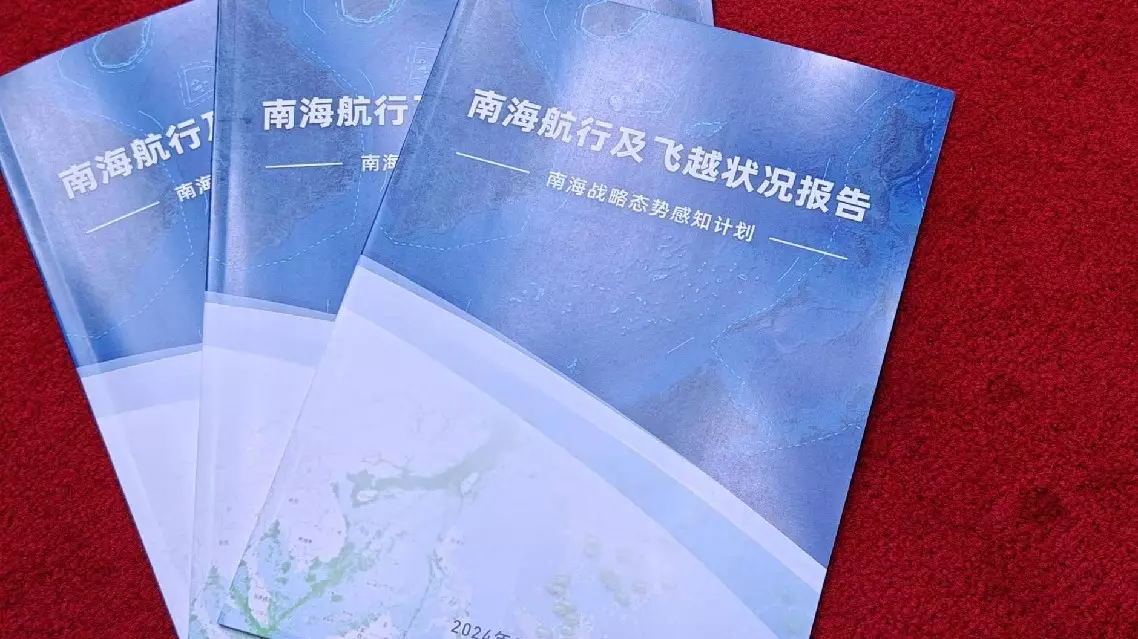
South China Sea boasts world's busiest air and sea routes: report
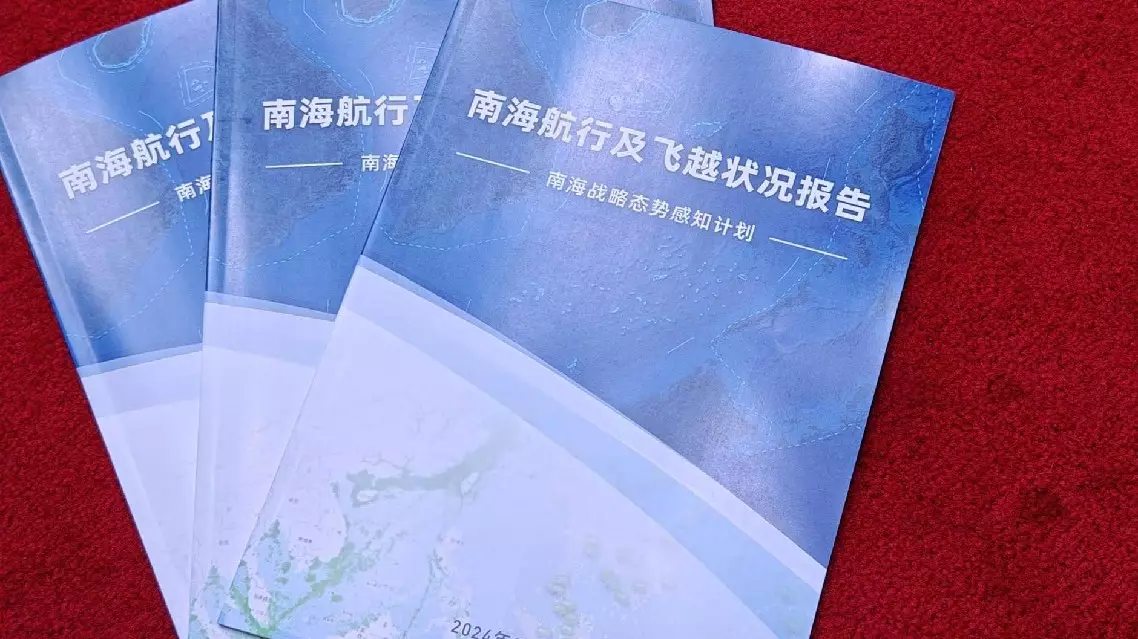
South China Sea boasts world's busiest air and sea routes: report
China is accelerating the commercialization of marine scientific and technological achievements and fostering new quality productive forces by boosting support for small and medium-sized enterprises (SMEs) in the marine sector, with a focus on investment and financing to drive industry growth.
The development of marine industries is marked by substantial investments, high risks, and slow returns. However, with strong national support, some companies, such as Zhejiang Startest Marine Science and Technology Co., Ltd. in east China, have achieved notable success.
The company is a national high-tech enterprise specializing in the independent research and development of underwater sonar detection equipment and underwater information data systems.
It now holds more than 210 intellectual property rights for its designs.
"We are now fully capable of replacing similar foreign imported products with our own ones, thereby overcoming the bottleneck in production caused by foreign product embargoes," said Su Xiaoyang, president of Zhejiang Startest Marine Science and Technology Co., Ltd.
While some marine SMEs, such as Shenzhen HiCloud Data Center Technology Co., Ltd., China's first underwater data center equipment and service provider, have mastered core technologies, a gap remains compared to international standards. As a result, continuous investment is necessary for them to overcome critical technological challenges.
"The Underwater Data Center Pilot Project is a new infrastructure initiative requiring a significant initial investment and scale effects. However, both users and investors in the market still lack a comprehensive understanding of the project's strategic significance, including the technical risks associated with emerging technologies," said Pu Ding, general manager of the Underwater Data Center Pilot Project in Hainan under Shenzhen HiCloud Data Center Technology Co., Ltd.
To address the challenges faced by marine SMEs in securing investment and financing, the Ministry of Natural Resources (MNR), along with the Shenzhen Stock Exchange, has organized a series of roadshows since 2016. Over 200 marine SMEs and innovation teams have participated, securing more than 3 billion yuan (around 409.8 million U.S. dollars) in financing.
In addition to these efforts, the MNR, in collaboration with the Shanghai Stock Exchange, launched China Ocean Economy Stock Price Index in 2024, covering 20 marine and related industries.
"This is the first domestic comprehensive index in the marine sector, covering all the markets of Shanghai, Shenzhen, Beijing, and Hong Kong. It provides timely insights into the operational performance of listed companies in the marine industry and plays an important role in promoting the efficient allocation of financial capital to the marine real economy," said Feng Lei, deputy director of the Ocean Strategic Planning and Economic Department under the Ministry of Natural Resources.
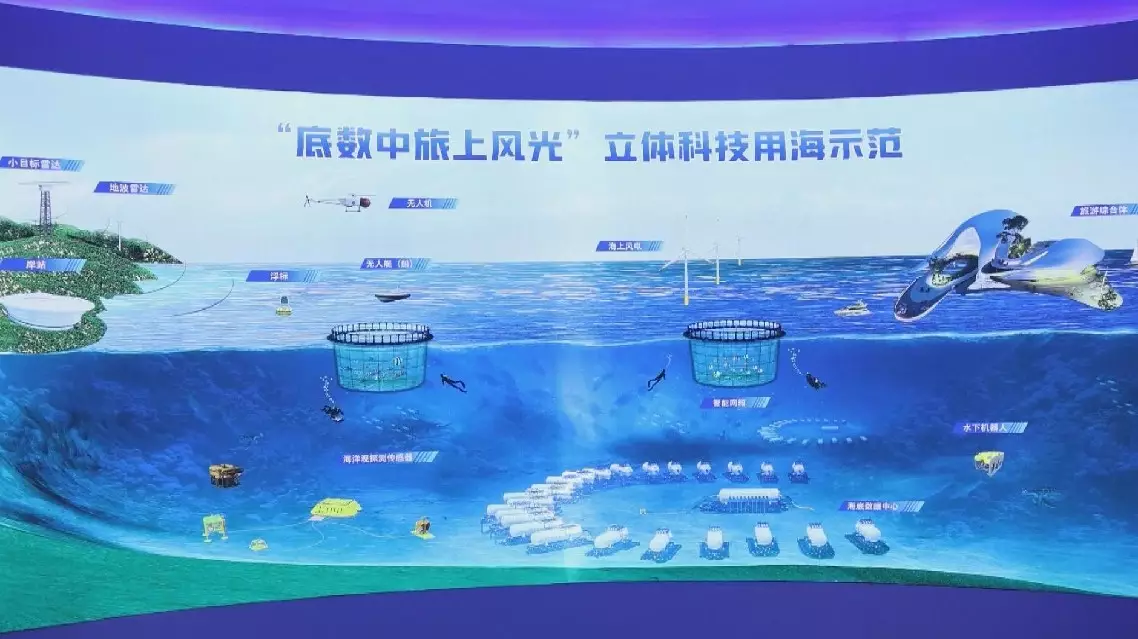
Small marine firms accelerate commercialization of sci-tech achievements under greater policy support







